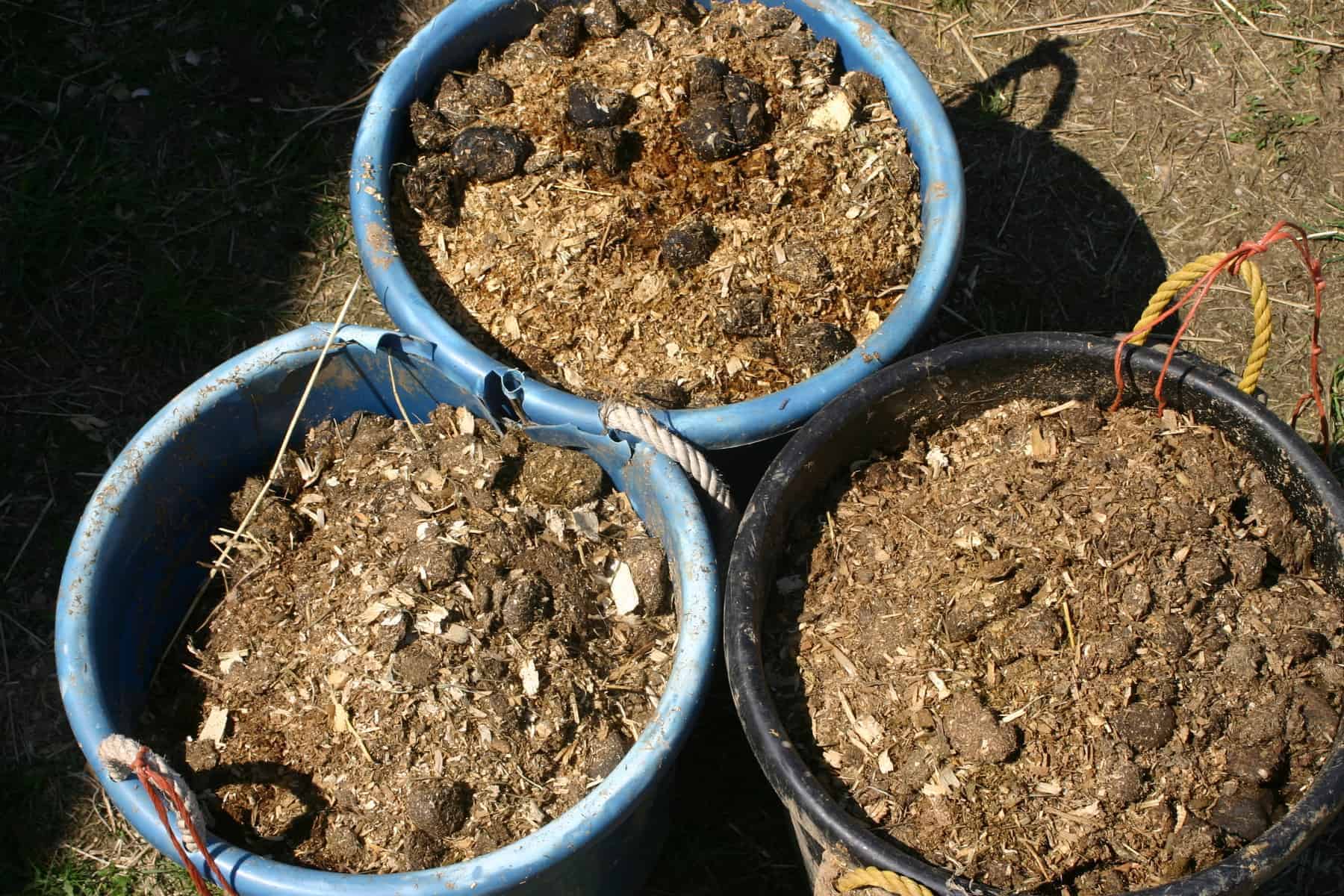Does Horse Manure Make Safe Compost?

Are you begging people to come take your horse manure for free—or perhaps even paying to have it hauled away? If so, it may be hard to imagine that your stable waste could be converted into something worth $30, $200, or even $1,000 per cubic yard.
The difference depends on how you compost it, says Rhonda Sherman, a solid waste extension specialist at North Carolina State University (NCSU). It’s not just heaping manure into a big pile and waiting for Mother Nature to do her job. Sure, this works. But the compost will likely be of the give-away variety, with weed seeds, pathogens, parasites, and chemical residues potentially contaminating it.
Not all livestock dung is created equal, Sherman points out, but horses that are eating good, balanced diets should produce compost-worthy waste. She is unconcerned about horses being fed beet pulp-based feeds. Although 95% of sugar beets grown in the United States are “RoundUp Ready”—meaning genetically modified to withstand the glyphosate herbicide found in RoundUp—this chemical readily breaks down in organic matter when U.S. Composting Council guidelines are followed
Create a free account with TheHorse.com to view this content.
TheHorse.com is home to thousands of free articles about horse health care. In order to access some of our exclusive free content, you must be signed into TheHorse.com.
Start your free account today!
Already have an account?
and continue reading.
Written by:
Betsy Lynch
Related Articles
Stay on top of the most recent Horse Health news with



















